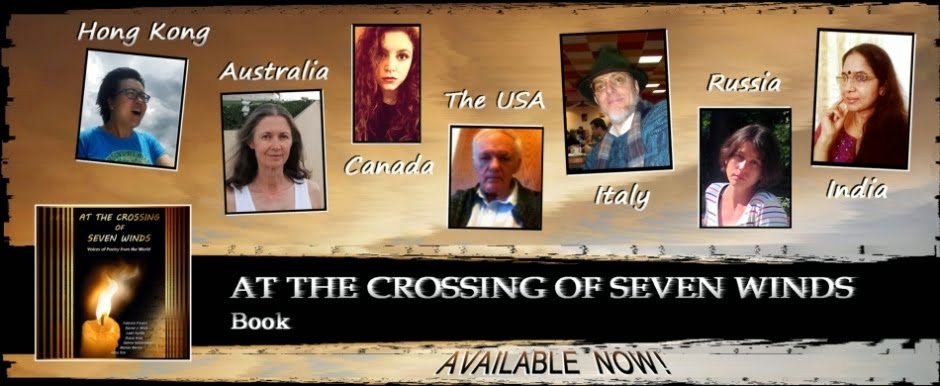Sed pleni omnes sunt libri, plenae
sapientium voces, plena exemplorum vetustas:
quae iacerent in tenebris omnia,
nisi litterarum lumen accederet.
(M. Tulli Ciceronis,
"Oratio Pro A. Licinio Archia Poeta")
"But all these
things would lie buried in darkness, if the light of literature and learning
were not applied to them"
~*~
All periods in human history,
could be described through the famous quote from Marcus Tullius Cicero
[Catilinarian Orations I, 2] : "O
tempora o mores" (Oh what times! Oh what customs!), but maybe times
we're living in could be better described by another sentence from Cicero :
"mala tempora currunt" (bad
times are upon us), as we live them as dark and seething with uncertainty,
inequality, fear, anger, hatred and violence.
Cicero,
a man lived in the last century BC, created the neologism "humanitas", meaning a style of
thought and virtues that characterize the human nature, but also civilization
and kindness of spirit. He took that concept from the culture of ancient
Greece, with its idea of perfection and excellence, where intellectual and
moral refinement, alongside physical skills and courage, were a practice of
education requested within the aristocratic order.
Cicero's
humanitas was also an engine for the "Renaissance", the cultural
movement that originated in late 13th century Florence, and that contemporaries
credited to the Italian poet Petrarch, through his rediscovery of Cicero's
works -and, through them, of the rest of Latin and Greek literature.
Petrarch,
in 1333, found and copied out the so called Liège manuscript, which contained
Cicero's speech "Pro Archia Poeta". A famous passage in defense of poetry and
literature was there, with the phrase "litterarum
lumen" (the light of literature).
He loved so much the words that he drew a sketch of a candle, in the
margin of his copy of the original manuscript.
A
candle has been also pictured by Galina Italyanskaya for the cover of this
e-book. Let me say that, in my view, it
represents our spirit, as poets, and a hope, as human beings, as well.
When
I first proposed my idea for an e-book to my friend Daniel, we decided together
to open it to other "voices of poetry" from different parts of our
troubled world.
Maybe
we put it a bit too emphatically, like "voices of poetry conveying the joy of creativity", to point
out the real issues of human passions mediated through poetry. Yet, Poetry is a sum of hope and
despair. It is a sum of wishes, hopes,
dreams, inspirations, wanderings on the wings of Imagination. It is a long flight our hearts and minds
took, revisiting reality, memories, expectations. Life itself is revisited
through the multicolored glasses of poetry.
Nature
is wild and eagles and wolves will never be lovers. But certainly Poetry can overcome every
obstacle and translates our dreams, desires, passions.. in images that evoke
even a new, different Universe.
Furthermore, Poetry is such a powerful tool: violence can kill, of
course, but Words are stronger. Thus,
Ideals/Values will be the final winner, because they can speak directly to
hearts and minds – and touching them deeply, they can profoundly change a human
being – Even the whole Humankind (hopefully..).
Paraphrasing
Dylan Thomas : "These poems, with
all their crudities, doubts, and confusions, are written for the love of Man"
and, I add, they are written out of the joy of creativity, even when created in
the darkest moments of despairing depression.
Everyone
who reads our poetry enters our own Universe –even if for a while. Through Poetry, we - the all of us who write
and read its lines - are in touch.
Fabrizio Frosini
Florence, February 2015


No comments:
Post a Comment